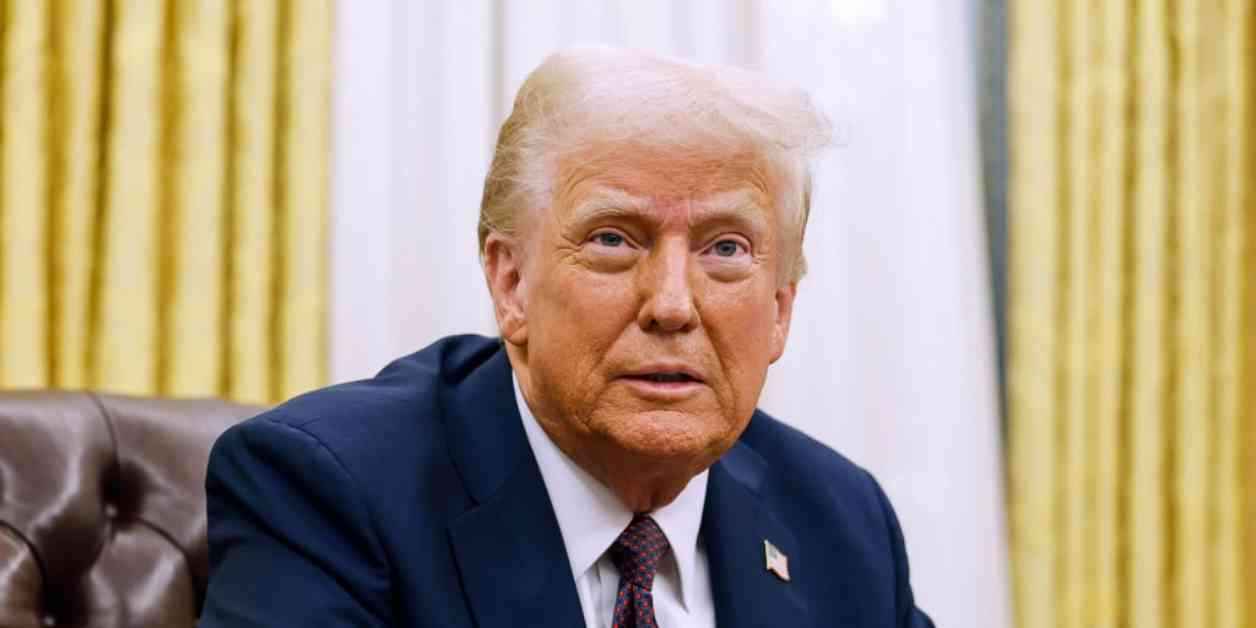Minnesota lawmakers finally reached a bipartisan agreement, putting an end to a weeks-long stalemate in the state House. The resolution came after a tug-of-war between Republicans and the Democratic-Farmer-Labor Party over control of the speakership in the House, which has been on a knife-edge due to a one-seat advantage held by the Republicans. The compromise allows Republicans to retain control while ensuring that Democrats won’t be blocked from seating one of their members and will share power in case of a tie after an upcoming special election next month.
Attorneys, both within and outside the government, are feeling the heat as the Trump administration issues warnings to follow orders, even if they have ethical concerns. The pressure has prompted calls for legal associations to take a stand against the erosion of long-standing norms of public service. Anxiety peaked when Trump’s executive order hinted at investigations targeting state and local bar associations over diversity programs, seen as a veiled threat to muzzle dissent and enforce obedience.
The Senate is gearing up for a contentious confirmation vote on Russell Vought, Trump’s controversial nominee for the director of the White House Office of Management and Budget. The nomination has sparked backlash from Senate Democrats over Vought’s involvement in Project 2025 and his stance on congressional oversight of spending. The expected party-line vote underscores the deep partisan divisions surrounding this nomination.
In a surprising turn of events, the U.S. military is sending high-threat migrants to Guantanamo Bay, raising questions about the handling of the immigration crisis. With a surge in the migrant population at the naval base, concerns about the treatment and duration of detention have grown. Secretary of Defense Pete Hegseth is expected to sign additional deployment orders to ramp up logistical support, indicating a long haul for the migrants awaiting their fate.
California Gov. Gavin Newsom’s meeting with Trump has sparked speculation about wildfire aid conditions. Amid concerns that aid could be tied to policy changes, Newsom clarified that Trump did not indicate any such preconditions. However, the looming possibility of attachments to government appropriations underscores the delicate dance between federal assistance and political agendas.
The latest development in the ongoing legal battle over Trump’s federal employee buyout program has seen a federal judge temporarily blocking the initiative. The move comes after labor unions challenged the program, citing concerns about its legality. The pause will allow both sides to present their arguments, with a hearing scheduled for the coming days to delve deeper into the matter.
Concerns over privacy and surveillance have emerged among USAID and State Department employees, who fear their personal devices may be monitored. Pop-up messages warning of potential tracking have raised suspicions among career officials, pointing to a possible breach of privacy. The use of work-related applications on personal devices during the pandemic has heightened worries about covert monitoring by the Trump administration.
The contentious issue of birthright citizenship has taken a new turn as a federal judge issues an order temporarily blocking Trump’s executive order limiting this foundational right. The legal battle over the buyout program has further complicated the administration’s efforts to reshape existing policies. The judge’s decision has injected fresh uncertainty into the Trump administration’s agenda, setting the stage for a prolonged legal tussle.
As tensions rise within the FBI over potential mass firings, the implications for the agency are becoming increasingly dire. The fallout from the Jan. 6 investigations and the administration’s push for accountability have cast a shadow over the bureau’s operations. The looming threat of personnel changes has rattled agents, leading to internal strife and anxiety about the future of the agency.
Democratic lawmakers are up in arms over the Trump administration’s plans to dismantle the Education Department, calling for transparency and accountability. The move to abolish the department has sparked concerns about access to sensitive data and the fate of department employees. With the confirmation hearing for Linda McMahon, Trump’s nominee for the education secretary, scheduled, the battle over the future of the department is set to intensify.
In a bold move, Trump has announced plans to press the International Olympic Committee to ban transgender athletes, sparking a fresh debate on inclusion and fairness in sports. The executive order targeting the IOC’s standards has drawn sharp criticism, with concerns about the potential impact on athletes’ rights and opportunities. The clash between Trump’s agenda and the principles of global sports governance sets the stage for a heated confrontation.
The escalating tensions between Trump and tech CEOs offer a glimpse into the evolving landscape of the digital age. The president’s entanglement with the world’s leading tech executives underscores the power dynamics shaping the attention economy. As Trump leverages his influence to shape tech policy and regulations, the tech titans hold the keys to his online presence and political future, creating a symbiotic relationship with far-reaching implications.
In a controversial move, Trump’s proposal to relocate Palestinians from Gaza has drawn sharp criticism from Malaysia, which decries the plan as ethnic cleansing. The international backlash highlights the sensitive nature of the Israeli-Palestinian conflict and the need for a peaceful resolution. Trump’s push for a U.S. takeover of Gaza has sparked a global outcry, raising concerns about human rights violations and international law.
As the deadline for government employees to accept buyouts looms, the Office of Personnel Management faces a surge in deferred resignations. The offer, which allows federal workers to resign with pay until September, has garnered significant interest, with thousands of employees opting for deferred resignations. The rush to accept the buyouts underscores the uncertainty and anxiety among government workers facing an uncertain future.


